The Boulting Brothers Collection: Suspect
Released by Optimum in conjunction with two other Boulting Brothers offerings, 'Seven Days to Noon' and 'Run for the Sun', 'Suspect' is, in my view, the least impressive of the three.
Originally released ten years after the quite brilliant 'Seven Days to Noon', 'Suspect' picks up on some similar themes; most notably, the moral dilemma facing research scientists when they sense that their work may not result in the betterment of mankind.
Whilst 'Seven Days to Noon' was about the development of atomic weaponry, 'Suspect' is about the dangers of biological germ research when it falls into the wrong hands.
The film was adapted from a popular selling novel of the time; 'A Sort Of Traitor' by Nigel Balchin, 'Suspect' is very much a period piece, full of old school cold-war paranoia.
But despite a strong cast, somehow the film fails to ignite and following a viewing of 'Seven Days to Noon' was something of a disappointment.
Professor Sewell (Peter Cushing walking through the role) leads a small research team on an important project to develop a germ that will defeat typhus and bubonic bacteria. A worthy enough cause - until the Home Office invokes the Official Secrets Act to prevent the Professor from publishing his findings. The debate that ensues between Cushing and the authorities is one of the highlights of the film, delivering as it does some salient arguments for both sides of the debate, illustrating just how complex such decisions can be. However, the rest of his team is less easily persuaded. And just to make the whole situation more melodramatic, Dr Lucy Byrne (Virginia Maskell) and Dr Robert Marriott (Tony Britton) appear to be in love - despite the fact that Lucy is engaged to Alan Andrews (Ian Bannen), a disabled man who 'lost both his arms in Korea'.
Professor Sewell, not knowing the cause for Byrne's mood swings, reminds us in his dialogue that we are in fact in 1960 in a curiously dated outburst: "All women, they're either in love or not in love. Either way it interferes with their work. Women are all clock-watchers. Only 30 years to have their babies in, and anything which isn't to do with having babies is a waste of time. That's why they're no good to science."
But we know, as does Sewell's chief assistant Shole (Kenneth Griffith) that Lucy's moods are, to do with the rising tensions between her and her new suitor - as well as the complications of dealing with an embittered, near suicidal invalid.
If this all sounds a bit heavy going - well, frankly it is. We also discover that Lucy's disabled fiancé had aspirations to be a great concert pianist which, having lost his arms, now seems pretty unlikely. It all feels like the Directors / Writers are laying it on a bit thick and as a result it just doesn't wash. Which is a shame because this intense bitterness is key to what happens next.
Discovering that Lucy's new suitor is upset by the gagging order, Alan sets out to encourage him to pass on the research to an outsider that he introduces him to during what appears to be an innocent drink together. Robert takes the bait as he still maintains that the research will save thousands of lives, regardless of whose hands the information falls in.
Throughout the intensity of this cold war drama, the Boulting Brothers allow some light relief in the form of Spike Milligan as an Irish facilities porter, and plenty of humour from the secretive officials involved - who are often found under piles of paperwork in secretive offices in unlikely places. In fact some of the scenes would not have looked out of place in 'Get Smart'.
Unfortunately, this strange mix of farcical humour and earnest melodrama never quite gels and all the tension and excitement created in films like 'Seven Days' is sorely absent here - even in the climax of the story.
To add to the disappointment, unlike the other two releases in this collection, the transfer is poor. Washed out and lacking in contrast, the picture looks like the low-budget destined for TV movie it turned out to be. It's shown here in 4:3 - which may well have been its original format as there appear to be no signs of panning and scanning.
Though it's all a relatively pleasant romp, with some fine British players, if you have to ration yourself to one or two of these soon to be released discs, make sure you start with 'Seven Days to Noon' and 'Run for the Sun' which, despite their differences from each other, are far more satisfying experiences.
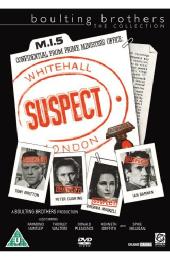






















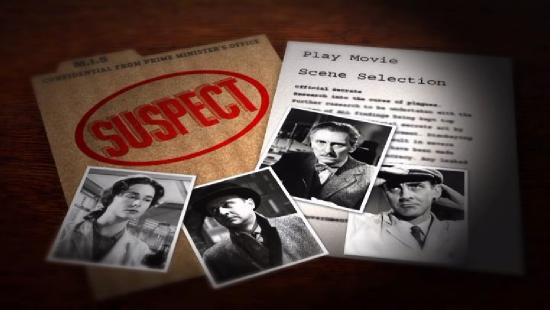
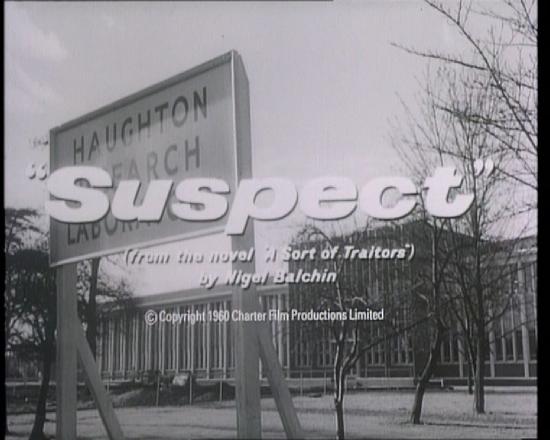
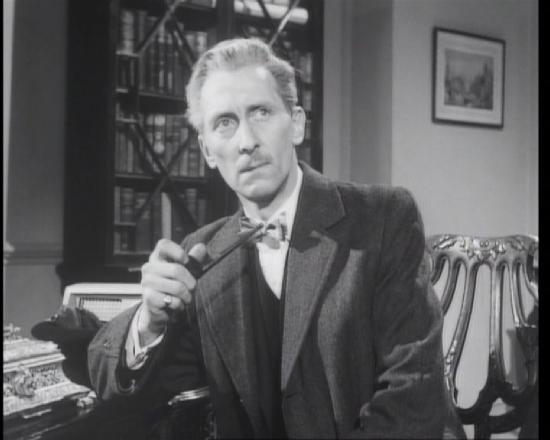
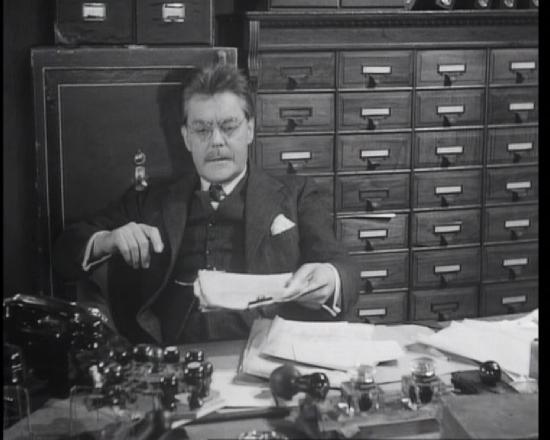
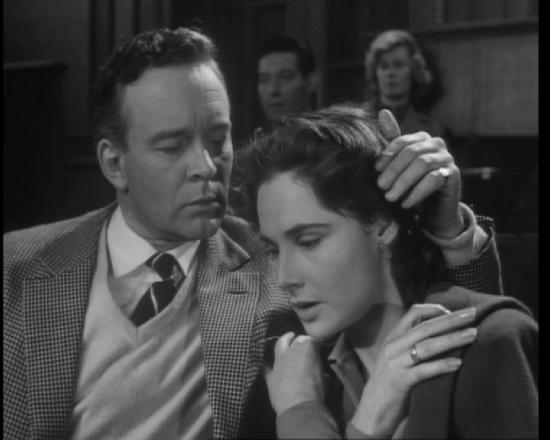
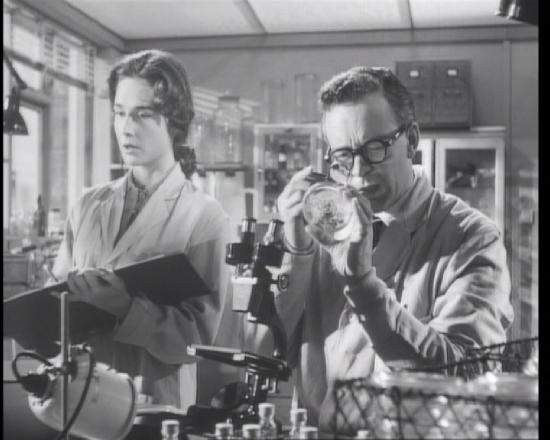
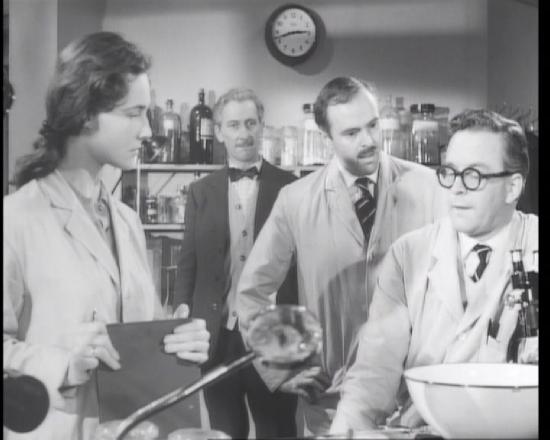
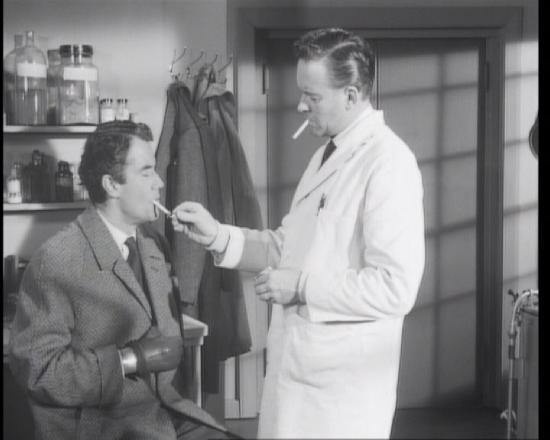
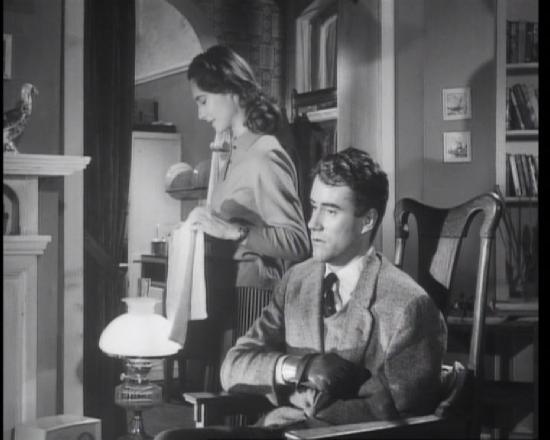
Your Opinions and Comments
Be the first to post a comment!